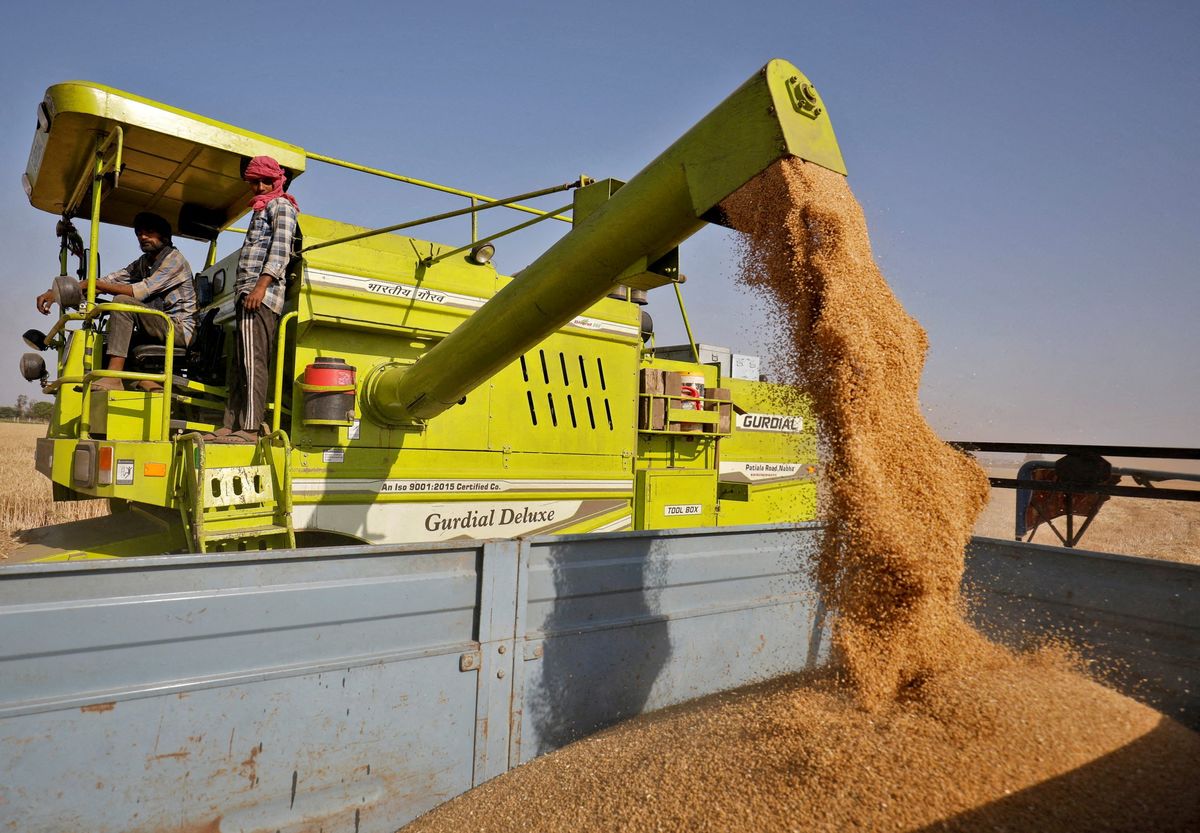India is banning wheat exports – here’s why that might be a big problem

A few minutes every morning is all you need.
Stay up to date on the world's Headlines and Human Stories. It's fun, it's factual, it's fluff-free.
A couple of days ago, India banned wheat exports because of local price increases, a move that freaked out much of the rest of the global community. See, Ukraine is a major provider of wheat, and because of the Russia-Ukraine war, it isn’t able to export very much this year. So, the international community was hoping and somewhat expecting countries like India to step up and meet global food security needs.
But moves like this indicate that producers like India might not be able to singlehandedly solve the world’s food supply problems. India isn’t alone either; Indonesia has also introduced an export ban on palm oil – the most widely used vegetable oil in the world – and palm oil products.
Key comments:
“If we all started imposing these export limits, or even closed down markets, that just makes the crisis worse,” German Agriculture Minister Cem Oezdemir said at a news conference in Stuttgart. “It also hurts India itself and the farmers there because of course it means a roller-coaster ride for prices.”
“We now have an environment with another supplier removed from contention in global trade flows,” said Andrew Whitelaw, a grains analyst at Australia-based think tank Thomas Elder Markets. “The world is starting to get very short of wheat.”







Comments ()